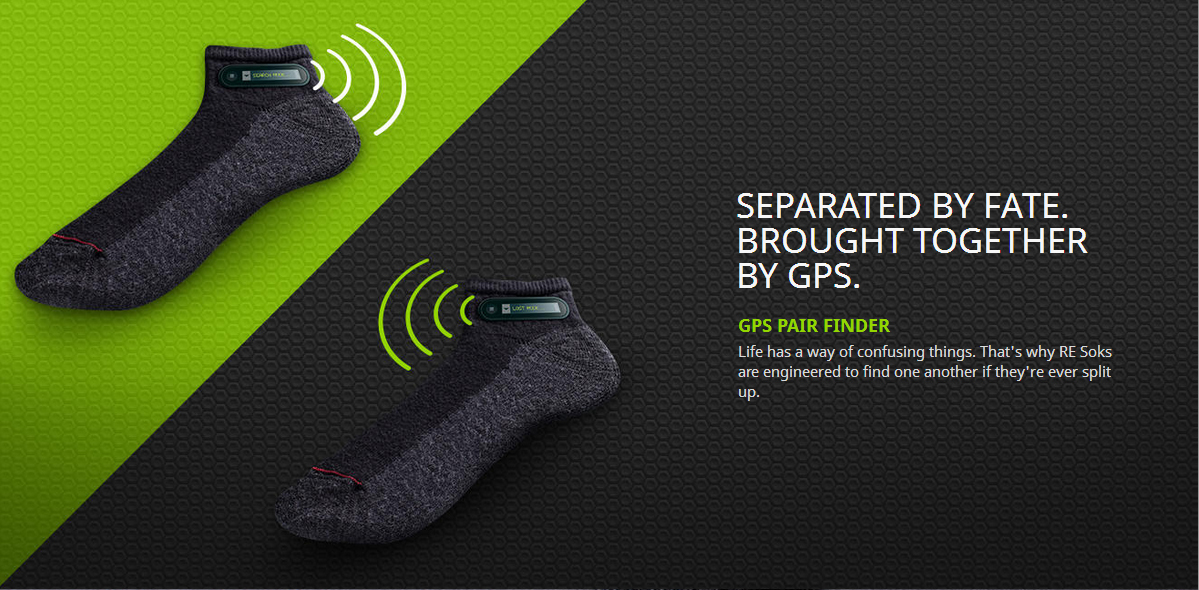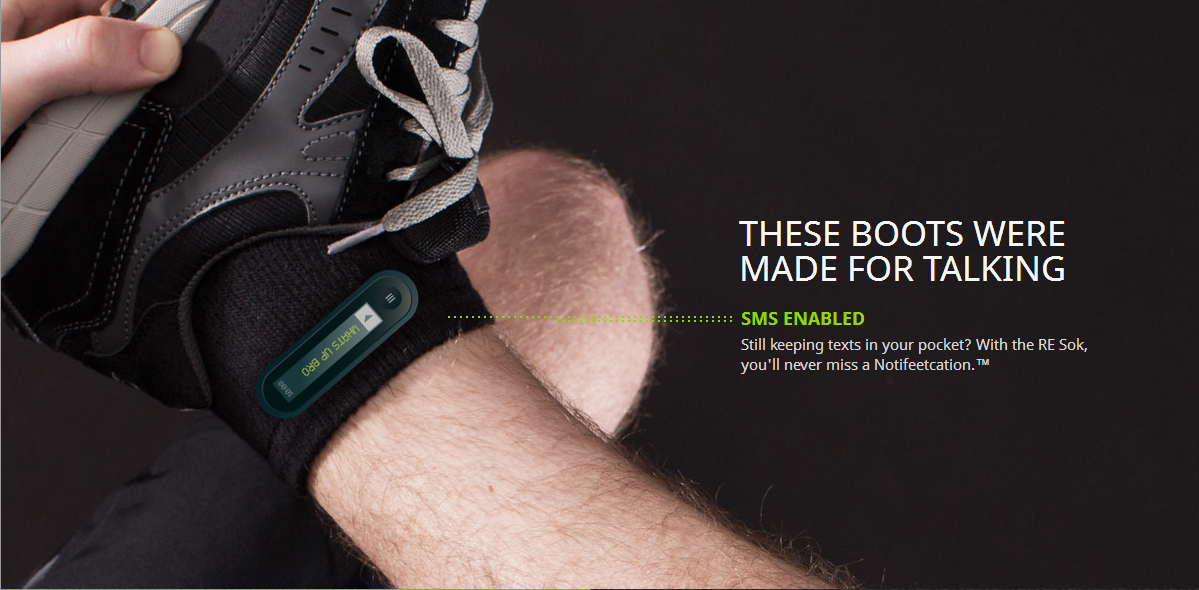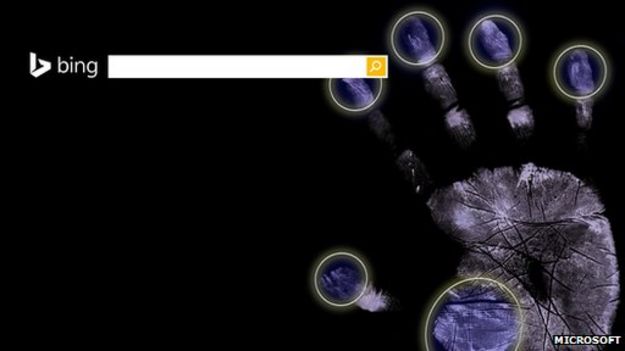
HTC's 4G [sic] Phone is al ready to be rolled out. It is supposed to allow to transfer data averaging speeds of 3 to 6 megabits per second, and bursts hitting 10 Mbps. Ok, I can visualise some suspicious smiles but that's marketing. Its the data speeds of a normal HSPA network but it sells.
Inside the Evo is a 1 gigahertz Snapdragon processor, 512MB of ram, and 1 gig of built in memory. On top of those screaming specs are a 480×800 display, as well as two (count em!) cameras, the better of which packs 8 megapixels. Running it all is the newest version of Android (2.1), as well as HTC’s Sense UI for a little extra eye-candy. All told, this looks like an amazing phone to finally make use of Sprint’s fancy new network, and it may just be their best bet for reversing their falling fortunes.
The Evo 4G will allow for simultaneous voice and data and will be the first smartphone to ship with a YouTube HQ player and a video chat app from Qik to be used with the front-facing camera. Though Sprint's onstage Qik demo didn't work, we were impressed with the Evo 4G's speed (Sprint brought in a 4G tower for the event) as well the handset's 3D gaming capabilities and HDMI output.
As we learned at CTIA 2010, other goodies include an 8-megapixel camera on back, a 1GHz Snapdragon processor, Android 2.1, and an extra-large 4.3-inch capacitive touch screen.

The new gadget is billed as a wireless leash for mobile phones reminding you when you've left your cell phone behind. Here's how it works:
You just pair the nugget sized Zomm with your phone over Bluetooth. Then you clip the Zomm onto you or attach it to your keychain. When your cell phones gets more than 30 feet away from Zomm, the Zomm unit starts to vibrate, flash lights and then eventually lets out a wail.
You can also use the Zomm as a Bluetooth speaker so you can answer calls through it, instead of talking straight into your phone.
The leash idea can work in reverse too. If you're the type who loses their keys more than their phone, you can just attach Zomm to your keys and then whenever you lose your keys, you can call Zomm and set off its alarm.
There's also a panic button. In case of emergency you can just press it and get help immediately, without dialing on your cell phone.
“Through the use of Bluetooth wireless technology, ZOMM provides an array of convenient applications for users,” said Michael Foley, Ph.D., executive director of the Bluetooth SIG.
“Its simple application of Bluetooth technology appeals to the masses – nobody wants to lose their mobile phone.”

Verizon Wireless and LG Electronics MobileComm U.S.A., Inc. announced the LG Ally™ will be available in Verizon Wireless Communications Stores beginning May 20. The first Android device from LG, the Ally is the perfect assembly of futuristic, stylish design and 3G Android power for customers looking to tackle life's most challenging feats and everyday ventures. Verizon Wireless customers can pre-order the phone at www.verizonwireless.com beginning May 13. 
Neither is perfect but, so far, tiny but real keyboards have been winning out for many people. One of the many reasons cited by some BlackBerry users for not switching to an iPhone or similar device is that sensitive touchscreen keypad.
Some manufacturers have tried to give users the best of both worlds, a touchscreen and a pull-out keyboard, but search giant Google has another idea: make all mobile-phone keyboards obsolete.
With the recent release of its own phone, the Nexus One, users are beginning to experiment with what Google hopes is the future of mobile search: voice-and picture-based searching.
"Voice, we think, is just a natural way to solve a problem that exists on all phones, which is that typing is quite difficult, especially in certain languages like Japanese," said Alex Nicolaou from Google's office in Waterloo, Ont..
"Input methods are relatively onerous, whereas saying a brief phrase . . . is extremely fast . . . and there are just times when a picture really is worth 1,000 words.
"If you're standing outside a landmark and you want to know about it, it's obviously going to be much, much simpler to take a photo of that landmark and have the system tell you what it is, than it would be to figure out what name to type in, especially in a foreign country."
Google admits both are still in relatively early development stages and are not very reliable.
For voice searches, short strings of words work best. Even in noisy cafes, most four-or five-word searches worked well during testing. Nicolaou said one misheard word won't necessarily throw off your search results.
Google has hinted at some future features incorporating voice and image recognition. Engineers are working to improve the ability to photograph a printed page so it can be accurately scanned into text and quickly translated into another language. In a video posted online, a Google employee scans a menu from a German restaurant and uses his phone to translate it into English.
Google also hopes that, eventually, travellers will be able to speak a phrase into their phone, have it translated into another language and played back through their phone's speaker.

This season, big handset makers including Nokia, Microsoft and Motorola are betting you’ll want to flaunt cute, palm-shaped devices that look more like compact powder cases than brick-shaped mini-tablets.
Motorola is likely to introduce a new phone next month called Flipout that will have a 2.8-inch display, a 3.1-megapixel camera and a twist-out keyboard. We haven’t tested it yet, but on looks alone, it’s fabulous, darling.
Motorola’s square-shaped phone follows the release of Microsoft’s fresh-looking Kin One earlier this month. The Kin One has a 2.6-inch display, a slide-out keyboard, and looks like a rounded square when closed. In September, Nokia introduced the Twist on Verizon, a squarish phone with a 2.5-inch display. Even LG has a square-shaped phone called the Lotus, which has been available on Sprint for more than a year, and though it’s not exactly been a big seller, its looks are hot, hot, hot.
Microsoft released the final version of the desktop Office 2010, along with which it made available a flavor aimed at mobile phones, namely Office Mobile 2010. The owners of a device powered by Windows Mobile 6.5 can now take advantage of the Word, Excel, and PowerPoint editing capabilities of the application while on the go.
Among the features that Office Mobile 2010 comes around with, we can count SharePoint integration (users can easily access and edit documents stored on a Microsoft SharePoint 2010 site), Bluetooth controller mode for PowerPoint presentations, access to SharePoint Workspace Mobile, the possibility to easily take notes on the phone and to insert voice clips or pictures in them, and others more.
“Effective today, Office Mobile 2010 will be available for free via Windows Phone Marketplace for all Windows Mobile 6.5 phones with a previous version of Office Mobile. People using Office Mobile 2010 can perform lightweight editing of Office documents and take notes on the go.
As if mobile phone cameras weren't complex enough, Sharp has just announced a tiny 720p 3D camera for its mobile devices.
The 3D Camera Module has been made to fit inside either a compact point and shoot or a smartphone. The camera is crammed full of the latest technology, all of which enable it to capture both moving and still high resolution 3D images.
Things like colour synchronising processing, as well as 'fast readout' technology, help the tiny little camera to produce its images.
Sharp has made use of complicated high-density mounting technology in order to pack so many features in to this tiny device.
The company insists that the cameras will go into mass production by the end of the year.

















